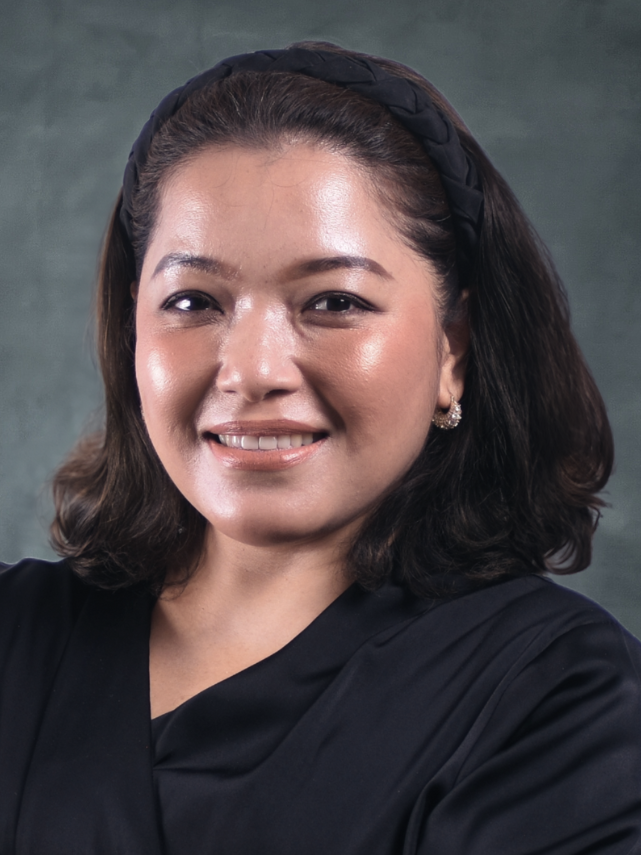Keynote Speakers

Prof. Malissa Maria Mahmud, Sunway University, Malaysia
Malissa Maria Mahmud is the Dean and Professor of Educational
Technology at the School of Education, Sunway University, where
she is dedicated to making education more accessible, inclusive,
and impactful through innovation. Her work explores how digital
learning and emerging technologies can transform teaching,
engagement, and learner outcomes in an evolving educational
landscape. A recognized expert in educational technology, she
has shared her insights at international conferences and
published in leading academic journals, earning recognition for
her contributions to teaching excellence and research in digital
education. Passionate about bridging the gap between technology
and meaningful learning, she continues to drive practical,
research-driven solutions that shape the future of education.
Title:AI in Education: Are We Optimizing or Over-Engineering
Learning?
Abstract: The rapid advancement of AI and adaptive learning
technologies has transformed digital education, promising
greater personalization and efficiency. However, despite
widespread adoption, there remains a critical gap in
understanding how AI-driven learning impacts cognitive
processing, engagement, and long-term knowledge retention. While
AI can optimize content delivery and automate assessments, its
role in enhancing deep learning, critical thinking, and
problem-solving skills remains underexplored. This keynote
examines the intersection of AI-driven instructional design,
cognitive learning theories, and learning analytics, addressing
key challenges and opportunities in leveraging AI for
meaningful, pedagogically sound learning experiences. The
session will explore:
-The limitations of current AI-based learning models,
particularly their reliance on engagement metrics over learning
depth.
-How cognitive load theory and self-regulated learning
frameworks can inform AI-enhanced personalization strategies.
-The role of real-time learning analytics and adaptive feedback
in promoting learner autonomy and metacognition.
By synthesizing empirical research and applied case studies,
this session provides a research-backed, practical perspective
on the future of AI in education. The discussion will highlight
how institutions and educators can move beyond automation to
develop AI-powered learning ecosystems that truly enhance
learning outcomes.